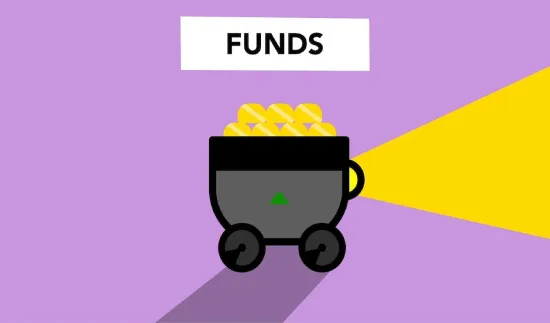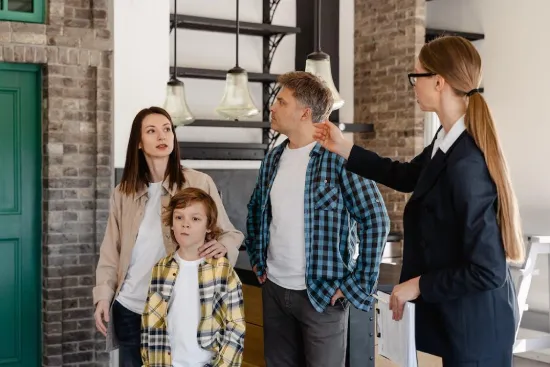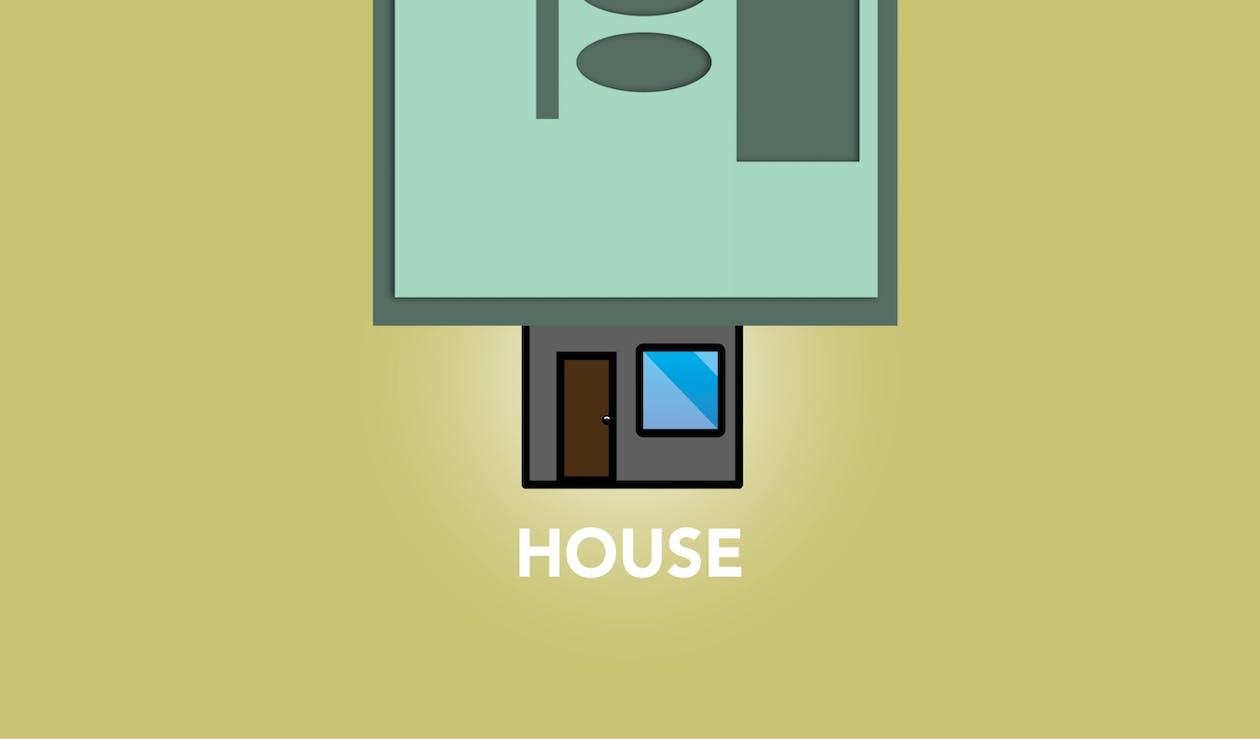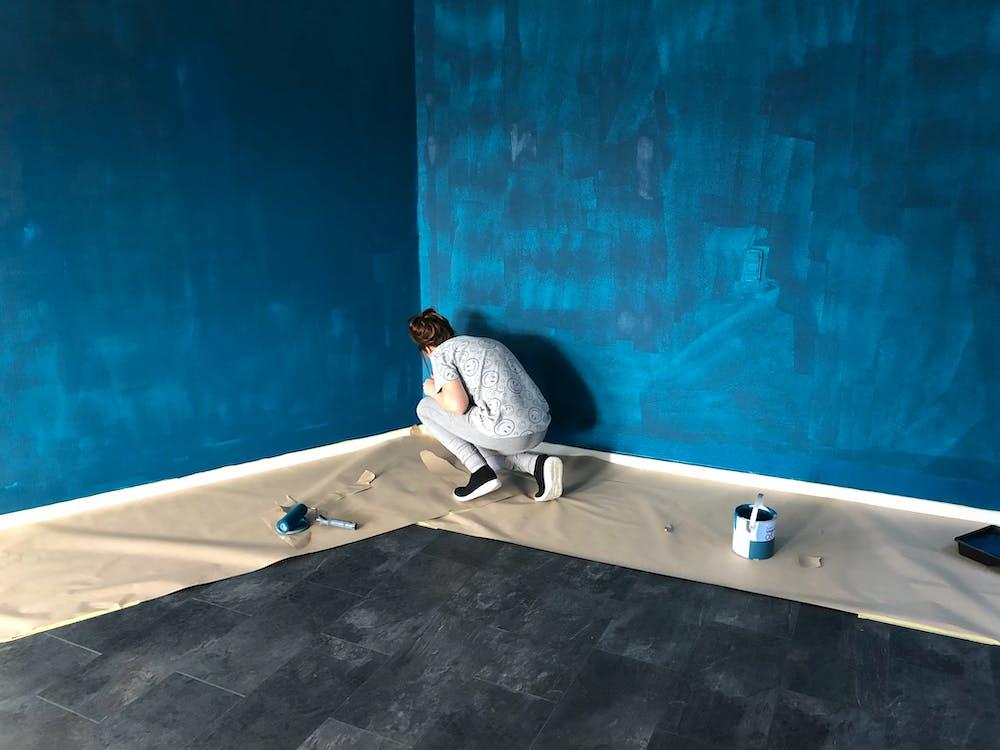Any newly constructed building or an under-construction building in which the apartments (that are still being constructed) are available for sale on the market by the builder can be considered new development. Many heavily renovated buildings that are being sold by the builder/developer that renovated the building are also called new developments.
Most of these new developments are condominium buildings, but there are some co-ops or condop new developments as well. Single-family homes and townhouses can be also be new construction/new development. New developments are sometimes referred to as sponsor units and sponsor listings.
A new development might be:
- Complete construction in which many apartments are already occupied, but there are still several units available for purchase directly from the developer of the building.
- An under-construction building where buyers have already booked and bought the apartments that will be completed in the future, directly from the developer.
Department of Building New Development/New Building Classification
The Department of Buildings (DOB) also classifies any building that has been modified/altered in a way that has increased the existing floor surface area by 110% as a “new building.” But this classification impacts the builder/developer of the building more than the buyers because if a building is considered new development and not just an altered one, the latest building codes apply. On the other hand, alteration in Grandfathered buildings (that were built before a building code was written) might not need to comply with certain code specifications.
Important Terms And Concepts Associated With A New Development
There are certain terms and concepts you need to understand about new development:
Sponsor: For both new constructions and altered buildings, the sponsor is usually the builder or developer that starts and owns the new development. It can be an individual or a business. The sponsor has complete autonomy (or power) over who and how to sell an apartment, even if there is a board present (such as in the case of a co-op).
Offering Plan: An offering plan is a document that tells the buyer of the property about what they are buying and under which conditions from the sponsor. The offering plan is usually only given from the sponsor to the first buyers of the apartments and can be crucial in the new developments, especially under-construction ones.
It informs the buyers about the physical aspects of their apartment, like area, floor heights, etc. And even discloses things like whether the square footage is calculated from the outside or inside of the walls.
The offering plan is the sponsor’s commitment to the buyer (legally binding), and any significant changes that are not allowed in the offering plan might allow the buyer to challenge the sponsor legally. However, some aspects of the offering plan might be negotiable.
Punch List: In a new development, the buyer gets to inspect the apartment two times. The buyer first takes a walkthrough and informs the sponsor (from whom they are buying the apartment) about what reasonable changes and modifications they want in their new apartment. The list of changes the buyer requests is called a “punch list.” In the second visit, the buyer inspects the property to see if the items on the punch list are completed. However, a punch list is not legally binding like the offering plan.
Concessions: Sponsors may offer certain concessions and perks to buyers to make the property more attractive. Some of these concessions may include taking responsibility for part of the buyer’s closing costs, waiving maintenance fees for a specific time, or allocating dedicated parking spaces. One reason to offer concessions is that in new developments, sponsors don’t like lowering the prices because it may impact the sales of other units and new buyers might ask for the same price drop.
Characteristics of A New Developments In NYC
New developments have some characteristic differences compared to apartments that are being resold by the previous owner and not the sponsor directly.
Partially “Blind” Decision
For many new developments, especially the under-construction ones, you may have to make a decision without actually visiting the completed apartment. The decision is not completely blind because often, developers will offer physical models and digital designs of how the apartments would turn out. They may also have life-size models of kitchens and other rooms to show prospective buyers. In some cases, model apartments that are finished before the rest of the building can give you a good idea of what your completed apartment would look like.
Price Negotiations
There is usually little room for price negotiation in new developments, but it may also depend upon the current status of the property. If the property is almost complete and most units are already sold, the sponsor is unlikely to offer a lower price. However, if the property has been in the market for a relatively long time and some units are still vacant, the sponsor might be willing to negotiate.
Closing Costs And Transfer Tax
The closing costs of new developments are usually higher than apartments that are being resold by the buyer. That’s mainly due to transfer tax which can be 1.825% for properties between $500,000 and $3 million (sum of NYC and NY state transfer tax) and 2.075% for apartments that cost more than $3 million. In a resale apartment, the seller pays that tax. But in new developments, the buyer is responsible for the transfer tax that can push the closing costs higher.
Other additional expenses may include attorney fees for the sponsor and certain financial contributions. The buyer may be able to negotiate a concession in which the sponsor takes responsibility for the transfer tax.
Time To Close
Time to close a new development differs from property to property. New constructions that are still not completed may take more time to close compared to a resale. But in buildings that are already completed and most of the apartments are already sold, you might be able to close an apartment offered by the sponsor more quickly. In co-ops, an apartment offered by the original sponsor might save buyers time and additional complications by bypassing the board.
Financing
Securing a mortgage for new developments can be a bit difficult. Many lenders only offer new development mortgages when 51% of the apartments in the building are sold, and buyers/apartment owners have been paying common charges for at least two years. So getting financing for under development buildings might be even more challenging. That being said, it can vary from building to building.
Most new developments have a preferred lender who might even be willing to issue mortgages before construction begins. These lenders are usually familiar with the project as well as the developers.















